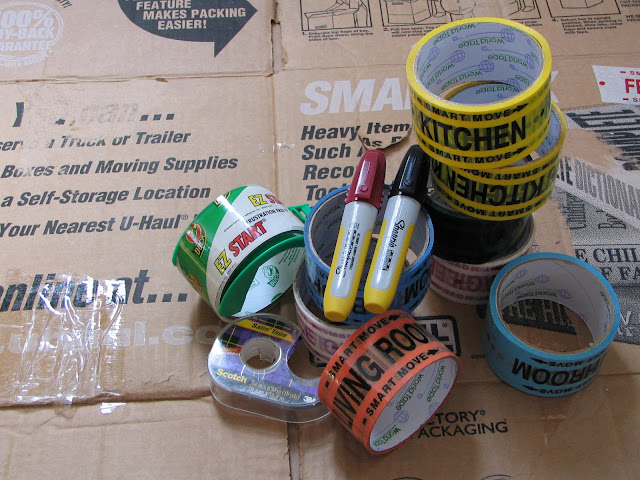I can't believe it's a matter of a week until it is August! Crazy right? For those of you who are going to university means it's only a matter of a month until you move into your halls for university, or if you're going into second year you may have already moved in or be planning to into your new house. I decided to make a little bit of a guide to share with you what you need to take to halls when you're moving into university. I hope you enjoy this post and find it somewhat helpful, I would love to know any ideas you have in the comments also to help those new students.
First things first you need something to pack your stuff in, if you're anything like me you have a LOT to move. When I was looking for ideas of how to pack all my stuff I came across a website called Davpack who offer a huge range of boxes from all shapes and sizes, perfect for moving. On the boxes it even says what weight to put in them and what they are suited for! You can get a pack of 10 for £14.95 and the boxes are suitable for so many different things as well as sturdy.
Now to the check list of what you need to take:
Important documents:
This is usually the last thing on any students mind, but it is really important. I have my own important document box now, which I have collected up all of my documents over the last few years, including my passport, birth certificate, course acceptance letters, student finance as well as your driving license (if you have one) and bank card!
Kitchen and Bathroom basics:
I cannot stress enough how when you get to university you will not use everything you've brought with you, and if you do it is probably likely to get destroyed in shared accommodation. Go for cheap, your cutlery will probably end up missing, with your cups stained and smashed and your towels destroyed. Of course bringing stuff to university and over buying is normal, but just be wary of what you don't want getting wrecked. For basics for the kitchen you need things like plates, cutlery, glasses, pans etc. For the bathroom you need things like towels, toothpaste, toothbrush, shampoo. But of course like everything else in this guide don't worry too much if you forget anything.
The bedroom:
For most university students this is where they will spend most of their time, it is important to bring things from home which you feel you will need as well as the things which will give you comfort. You need things like a duvet, pillows, clothes, possibly a TV, washing stuff, linen. There's so much you could take but it is just about what you think you need. When you move into your halls you don't want to have taken a huge bedrooms worth of stuff to fit into a small one, as it just won't work.
Now to the check list of what you need to take:
Important documents:
This is usually the last thing on any students mind, but it is really important. I have my own important document box now, which I have collected up all of my documents over the last few years, including my passport, birth certificate, course acceptance letters, student finance as well as your driving license (if you have one) and bank card!
Kitchen and Bathroom basics:
I cannot stress enough how when you get to university you will not use everything you've brought with you, and if you do it is probably likely to get destroyed in shared accommodation. Go for cheap, your cutlery will probably end up missing, with your cups stained and smashed and your towels destroyed. Of course bringing stuff to university and over buying is normal, but just be wary of what you don't want getting wrecked. For basics for the kitchen you need things like plates, cutlery, glasses, pans etc. For the bathroom you need things like towels, toothpaste, toothbrush, shampoo. But of course like everything else in this guide don't worry too much if you forget anything.
The bedroom:
For most university students this is where they will spend most of their time, it is important to bring things from home which you feel you will need as well as the things which will give you comfort. You need things like a duvet, pillows, clothes, possibly a TV, washing stuff, linen. There's so much you could take but it is just about what you think you need. When you move into your halls you don't want to have taken a huge bedrooms worth of stuff to fit into a small one, as it just won't work.
If you need anymore advice or tips feel free to tweet me at @dungareesdonuts!
If you're purchasing from Davpack, make sure you use the code Student10 for an extra discount!
*In collaboration with Davpack.



